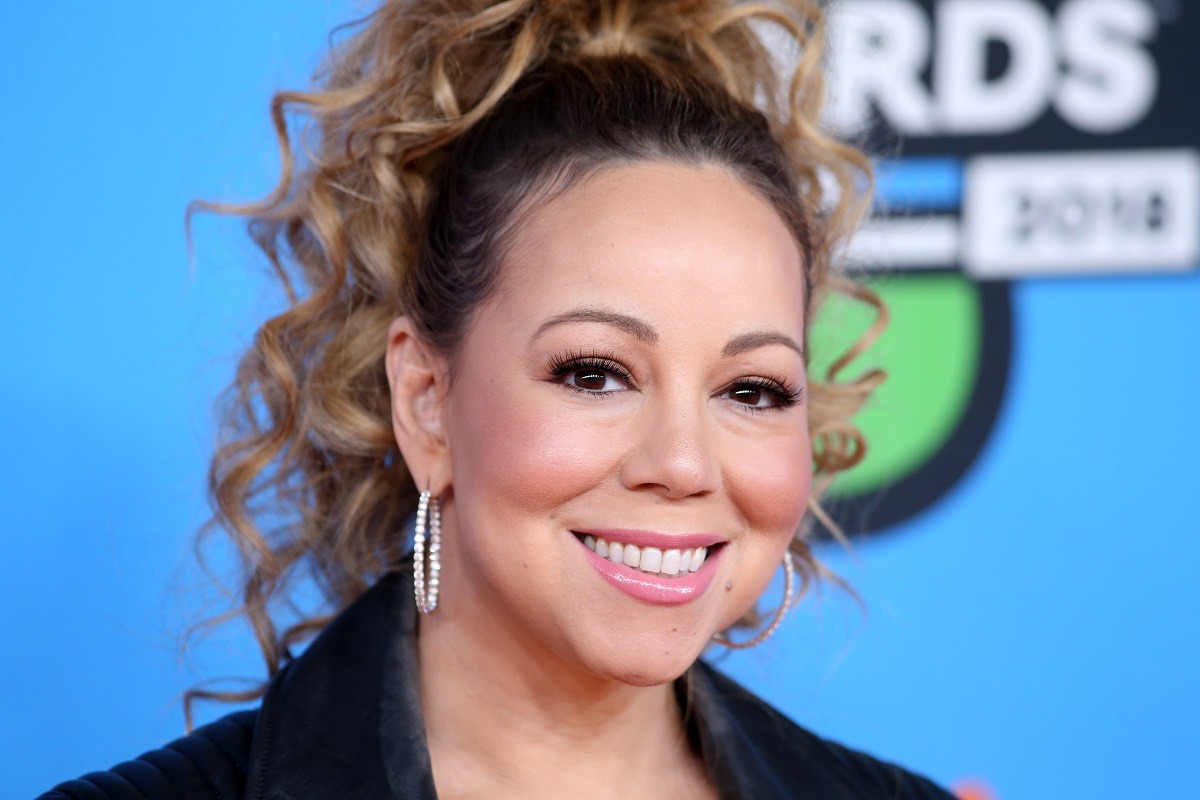(AllHipHop News) Back in 2001, Mariah Carey went through a public meltdown that had many observers questioning the legendary diva’s psychological state. It turns out MC was actually diagnosed with bipolar disorder around that time.
Carey spoke out for the first time about her battle with the mental health issue characterized by periods of depression and mania. The four-decade entertainment veteran addressed the diagnosis in a cover story for People.
“Until recently I lived in denial and isolation and in constant fear someone would expose me,” said Mariah. “It was too heavy a burden to carry and I simply couldn’t do that anymore. I sought and received treatment, I put positive people around me and I got back to doing what I love — writing songs and making music.”
Carey was hospitalized in ’01 for “extreme exhaustion” and a “physical and emotional breakdown.” While some critics at the time maintained the megastar’s career was over, MC connected with Jermaine Dupri to craft 2005’s highly successful comeback album The Emancipation of Mimi.
The singles “We Belong Together” and “Don’t Forget About Us” hit #1 on the Hot 100 chart. In addition, Emancipation earned 10 Grammy nominations. The LP won three honors at the 48th annual ceremony – Best Contemporary R&B Album, Best Female R&B Vocal Performance (“We Belong Together”), and Best R&B Song (“We Belong Together”).
‘I’m just in a really good place right now, where I’m comfortable discussing my struggles with bipolar II disorder,” the singer-songwriter told People. “I’m hopeful we can get to a place where the stigma is lifted from people going through anything alone. It can be incredibly isolating. It does not have to define you and I refuse to allow it to define me or control me.”
